To provide the best experiences, we use technologies like cookies to store and/or access device information. Consenting to these technologies will allow us to process data such as browsing behaviour or unique IDs on this site. Not consenting or withdrawing consent, may adversely affect certain features and functions.
The technical storage or access is strictly necessary for the legitimate purpose of enabling the use of a specific service explicitly requested by the subscriber or user, or for the sole purpose of carrying out the transmission of a communication over an electronic communications network.
The technical storage or access is necessary for the legitimate purpose of storing preferences that are not requested by the subscriber or user.
The technical storage or access that is used exclusively for statistical purposes.
The technical storage or access that is used exclusively for anonymous statistical purposes. Without a subpoena, voluntary compliance on the part of your Internet Service Provider, or additional records from a third party, information stored or retrieved for this purpose alone cannot usually be used to identify you.
The technical storage or access is required to create user profiles to send advertising, or to track the user on a website or across several websites for similar marketing purposes.
 The new issue of IN Magazine is now online. This issue includes interviews with Chris Kane and Thomas Heatherwick; as well as pieces on: the new EDGE building in Berlin; the changing attitudes of CRE professionals to the office; the anthropology of workplace design; the interplay of networks and hierarchies; the need to create better cycling facilities; what the city and the office can learn from each other; a tribute to Enzo Mari and much more. Back issues can be found here.
The new issue of IN Magazine is now online. This issue includes interviews with Chris Kane and Thomas Heatherwick; as well as pieces on: the new EDGE building in Berlin; the changing attitudes of CRE professionals to the office; the anthropology of workplace design; the interplay of networks and hierarchies; the need to create better cycling facilities; what the city and the office can learn from each other; a tribute to Enzo Mari and much more. Back issues can be found here.







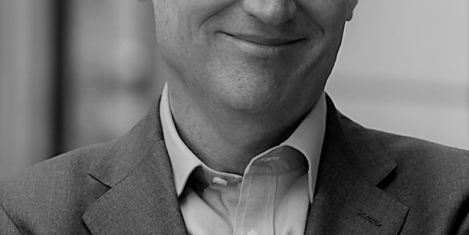
 The physician can bury his mistakes,—but the architect can only advise his client to plant vines. Frank Lloyd Wright’s eternal epigram is not just true for buildings. It also applies to the authors of books, especially those on the subjects most affected by this year’s pandemic. Speakers and blog writers can quietly inter the things they get wrong, while the book sits unchangeable on a shelf. Maybe behind a houseplant.
The physician can bury his mistakes,—but the architect can only advise his client to plant vines. Frank Lloyd Wright’s eternal epigram is not just true for buildings. It also applies to the authors of books, especially those on the subjects most affected by this year’s pandemic. Speakers and blog writers can quietly inter the things they get wrong, while the book sits unchangeable on a shelf. Maybe behind a houseplant.

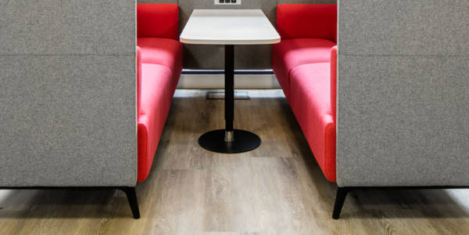
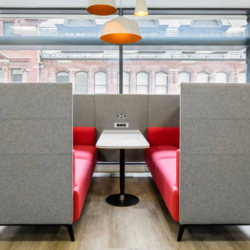
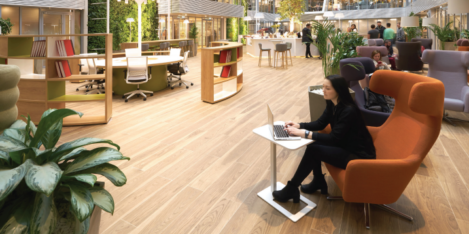
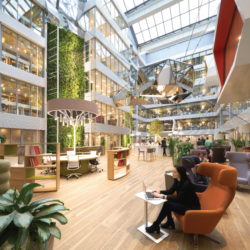
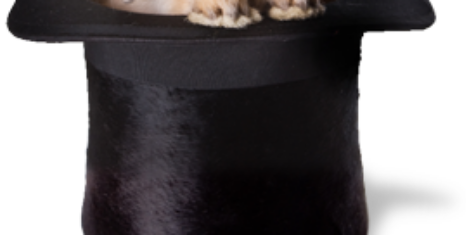



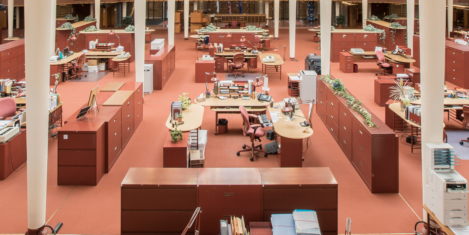
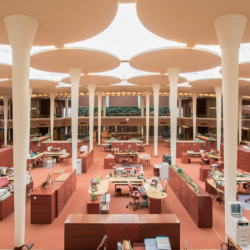















November 10, 2020
What Carl Sagan could teach us about knowledge and information
by Mark Eltringham • Comment, Flexible working